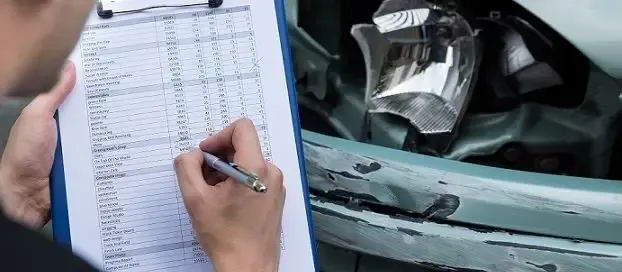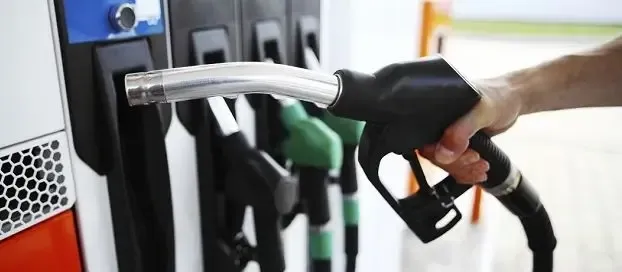For businesses whose employees have to drive in the course of their job, there are different approaches to managing the costs and ensuring employees are compensated for work-related travel.
In cases where employees travel in their own vehicles and are required to pay for fuel and then reclaim costs from the company, there is an arrangement in place to govern payments from the employer to the employee, with an income tax exemption built in.
Please note that the following information is for general information purposes only and does not constitute legal, financial or tax advice.

Under the current UK tax system, mileage allowance payments made by an employer to an employee are exempt from income tax, unless they go over a certain government-set rate.
Crucially, only business- and work-related travel qualifies for tax-exempt payment. Therefore, all personal travel miles must be excluded from the calculation. Even so, mileage allowances can represent a significant tax saving for employees, and therefore act as an advantage for workers.
Statutory mileage rates
Statutory mileage rates set out the amount that employees can be paid per mile of business travel. These vary according to the type of vehicle used and the number of miles travelled. The rates are also known as Approved Mileage Allowance Payments (AMAP).
Statutory mileage rates for the tax year 2019/20 are summarised below.
|
Vehicle type |
First 10,000 miles |
Above 10,000 miles |
|
Cars and vans |
45p/mile |
25p/mile |
|
Motorcycles |
24p/mile |
24p/mile |
|
Bikes |
20p/mile |
20p/mile |
Source: UK government website.
Employees can also be paid an extra 5p per mile if they travel with a passenger on a business-related journey.
Self-employed people can also claim this back, so it applies to sole traders, partners in partnerships and owners of a limited liability company.
Please note: Company cars are not part of this statutory mileage arrangement. It only applies to personal cars used for business travel. For company cars, the rules are different.
What counts as business travel?
Reclaimable miles must fit either (or both) of the following criteria:
- Travel to somewhere other than the usual workplace
- Driving as part of daily duties e.g. delivery driver
The following do not count as business travel:
- Commuting to and from the usual workplace
- Travelling to a location close to the usual workplace
- Multipurpose trips for which the main purpose is not business-related
AMAP rates do not cover the following driving-related charges, and so employees can reclaim on these in addition to the mileage allowance:
- Motorway tolls
- Parking fees
- Congestion charges
- Other incidental expenses
Company fuel cards as a tax-free alternative
Many companies prefer to provide their employees with fuel cards, which charge the company directly and remove the need for employers to calculate, administer and pay out mileage allowance payments.
By using a fuel card such as fuelGenie to cover business-related travel, both businesses and their employees can avoid incurring tax.


